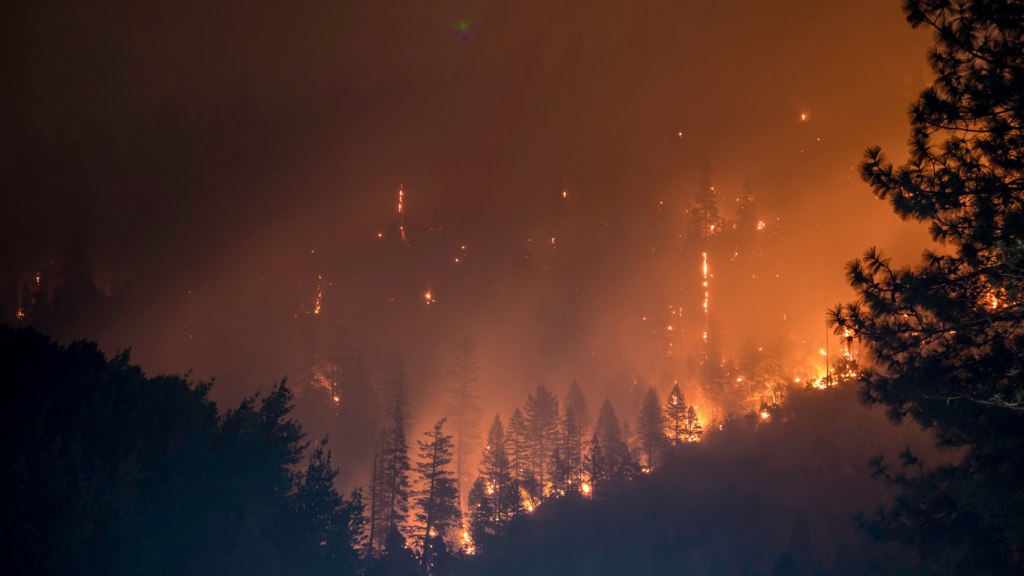Canada is experiencing its worst wildfire season to date, and it doesn’t look to be improving anytime soon.
Like many parts of the world – such as Greece, Russia, Hawaii and Spain – Canada is experiencing a wildfire season like no other, continuing the trend of worsening forest fires seen over the last few years.
According to Magan Carty of CBC Radio, over 15 million hectares of Canadian forests have burned in 2023, “shattering the previous record of 7.6 million hectares in 1989 as well as the 10-year average of 2.5 million hectares.”
This is the result of 6,118 reported wildfires as of Sept. 4th, including the Donnie Creek wildfire in June, which was the largest wildfire on record in B.C., spanning just under 6,000 square kilometres – an area of land larger than the province of P.E.I.
These fires have displaced a staggering number of Canadians. Carty estimates “nearly 200,000” have been evacuated nationally thus far. The most recent and well-known of these mass evacuations occurred in mid-August in Yellowknife.
Over 20,000 people were ordered to leave the city as a fire burned only 15 kilometres from its limits. Nadine Yousef of BBC News explains how Angela Canning, a resident of Yellowknife, needed to camp out for 17 days in Fort Providence, a town three hours away. Residents were finally permitted to return home when the evacuation order was lifted on Sept. 6th. While the flames were not extinguished, firefighters were able to keep them contained and away from the city.
Uday Rana of Global News discusses how forecast maps from Natural Resources Canada show that fires could continue into autumn, and perhaps even winter. Manitoba is projected to experience the worst of it, but “above-average” fire activity is also projected to affect Western Ontario, Eastern Alberta and Saskatchewan.
This means smoke and smog can also be expected to continue clogging North American skies, with the worst of it seeming to affect the U.S. An up-to-date resource for tracking air quality and smoke from wildfires can be found here.
NPR conducted interviews with various experts to get a better understanding of how and why these wildfires are so hard to control. Daniel Perrakis, a fire research scientist, put heavy emphasis on climate change as a factor: “We’ve got drought levels that are if not unprecedented, at least in the extreme category, and the fire season’s [arriving] early.”
The article also explains how Canada’s vast size, much of which is composed of remote forests, can be nearly impossible to control when there are no roads or infrastructure. This combines with what Perrakis calls “crown fire behaviour,” when strong winds can make fires “spread out 50 metres a minute, 70 metres a minute — 20 or 30 kilometres a day,” making the situation incredibly volatile and dangerous.
The threat of fire, smog and smoke looms overhead. Thousands of people are being affected, and Canadian forests are still burning despite the regular wildfire season coming to an end.
If you wish to support Canadian wildfire relief efforts, a list of organizations has been compiled by CanadaHelps. Donations can help people struggling in the aftermath of wildfires, as well as displaced/injured people and their pets.

